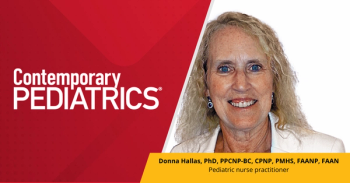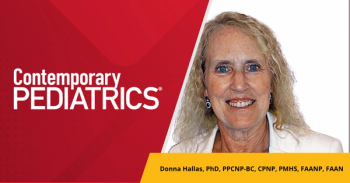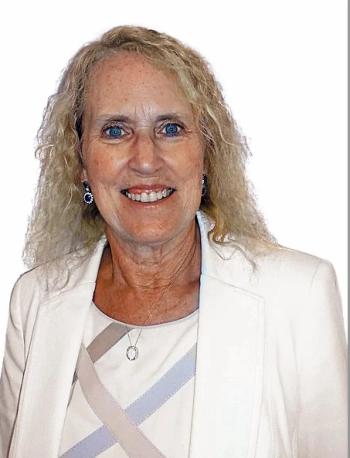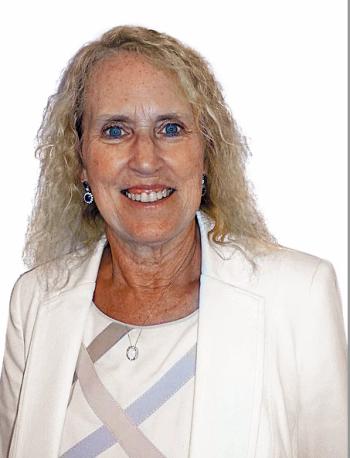
|Articles|April 1, 2021
5 highlights from NAPNAP 2021
Author(s)Miranda Hester
A look at 5 highlights from the virtual 2021 annual National Association of Pediatric Nurse Practitioners (NAPNAP) meeting.
Advertisement
The National Association of Pediatric Nurse Practitioners (NAPNAP) hosted their annual conference from March 24, 2021 to March 27, 2021. Like last year’s annual conference, sessions were presented virtually. The conference featured over 80 sessions on a variety of topics from coronavirus disease 2019 to fracture management to patient safety. On-demand sessions will be available to registrants until July 31, 2021.
Highlights included:
- “Amox Rocks! Understanding Penicillin Allergy in the Pediatric Patient” – Penicillin allergies are one of the most common drug allergies that a patient will report, but recent research has indicated that true prevalence of the allergy is much lower than it would appear. The use of other second-line drugs to treat infections instead of penicillin can lead to increased costs and hospitalizations as well as impacting antibiotic resistance. The session highlighted the need to ask follow-up questions when a patient reports an allergy.
- “Human Trafficking: Raising Awareness to Identify Victims in the Clinical Setting” – The pediatric office is an important place to discover human trafficking of the child because it may be one of the few public places that a trafficked child may visit. Clinicians should keep an out for delays in seeking care, hesitancy in answering questions, being intimidated by the person who came to the visit. If trafficking is suspected, involve other members of the practice, report the case to child protective services and law enforcement, and contact the local advocacy programs.
- “Gender-neutral Conversations with LGBTQIA+ Youth: Disclosure and Health Outcomes” – Children and teenagers who are gender expansive, transgender, or nonheterosexual can be at risk of poorer outcomes in a variety of areas. This session discussed the importance of respectful communication with patients including asking about how the patient identifies and preferred pronouns. The session also discussed using gender-neutral language in the medical practice.
- “Locked, Loaded, and Ready to Save Lives: The PNP and Firearm Safety” – Recent research has shown that parents often underestimate their child’s access to firearms in the home and access in the home has been linked to injury. The session discussed the current epidemiology of gun injuries in the United States. It also covered how to approach gun safety with families including screening families, providing education, using psychosocial assessments, and discussing ways to safely store firearms, such as locking ammunition and firearms away separately, using child-proof safety locks, and store firearms unloaded.
- “Asthma-Focused Telehealth Visits – Maximizing the Experience” – The pandemic has moved many visits from the medical office to the home over computer. This session offered guidance in getting the most out of telehealth visits for asthma. Before the visit, clinicians should take about 10 minutes to prepare before initiating the visit and be familiar with the practice’s telehealth platform. During the visit, clinicians should ask about the family’s goals, ask about concerns or barriers for treatments, assess for triggers in the home, measure airflow when possible, review and coach inhalation technique, document assessment and treatment plan, and clearly communicate follow-up plans.
Newsletter
Access practical, evidence-based guidance to support better care for our youngest patients. Join our email list for the latest clinical updates.
Advertisement
Latest CME
Advertisement
Advertisement
Trending on Contemporary Pediatrics
1
Themes identified for using GLP-1 RAs to manage obesity in food-insecure children
2
Influenza antiviral use declined among hospitalized children during the COVID-19 pandemic
3
Social media use linked to rising inattentive ADHD symptoms in children
4
Physical activity linked to breast tissue changes in adolescent girls
5








